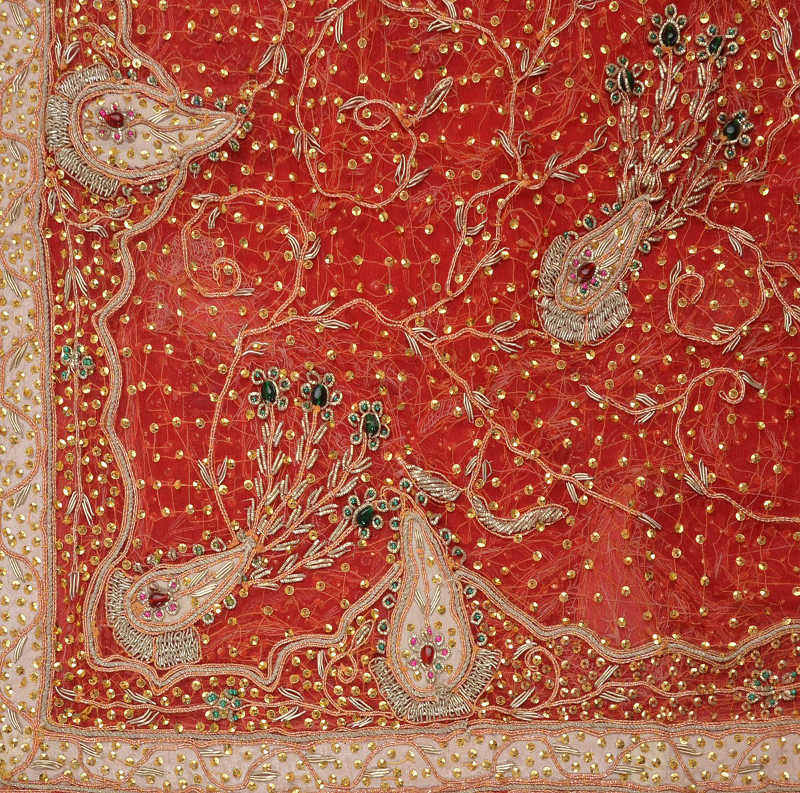===
0552,
5
===

=== |
 |
FWP:
SETS == EK
MOTIFS == SPEAKING
NAMES
TERMSThe ik bāt is enjoyably multivalent. It might mean 'one idea' out of the two hypotheses suggested in the first line (perhaps the beloved's lips might flutter like rose-leaves, thus proving themselves not to be emeralds). Or of course, as SRF notes, 'one idea' that rules out both hypotheses-- without suggesting any other. Or it might mean 'one utterance' from the beloved that would be uniquely authoritative, depending on what you said. And in all these cases, the little ik provides a full range of descriptive possibilities: the bāt in question could be 'single, particular, unique, excellent'.
As SRF notes, the idea that the beloved's movement of her lips would settle the question (about her lips) is particularly enjoyable. Here's another, even more piquant instance along those same lines:
{1373,3}.
Note for grammar fans: Nowadays ṭhahar would not in actual pronunciation rhyme with gużar and the other rhyme-words in this ghazal. For discussion, see {546,1}.